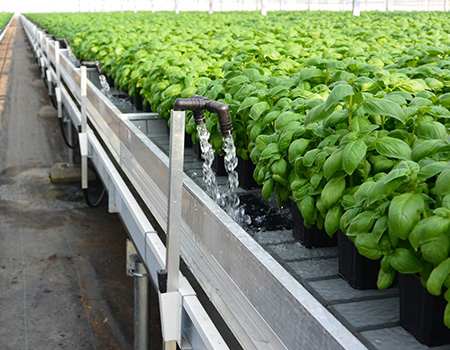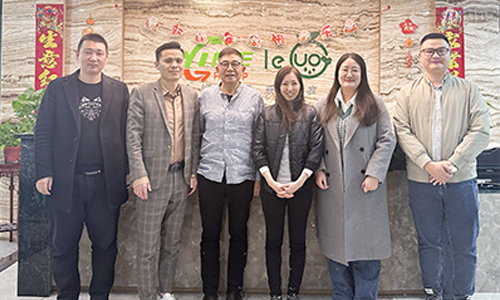What does sustainable agriculture really mean? Currently, there are many problems in agriculture, such as soil problems caused by excessive use of fertilizers or continuous cropping. Future agriculture needs to have the ability to adapt to the challenges posed by climate change. Here, I will give an example to illustrate the importance of new agriculture.
We have all heard of Israel as one of the countries with the highest population density in the world, but only 20% of their land can be cultivated. More than half of Israel is in an arid or semi-arid state, while the rest is mainly steep slopes and forests. But Israel actively develops agricultural technology, not only producing most of its own products, but also exporting agricultural products worth $1.3 billion annually.

Container agriculture is a sustainable agriculture, and agricultural planting inside containers is very convenient as long as electricity and water are available. The growth of vegetables in containers is not affected by weather. Container agriculture is a modern agricultural planting method that can solve the contradiction between the development needs of contemporary agriculture and the scarcity of land resources. It is equipped with various environments required for plant growth, which can effectively alleviate problems such as uneven cultivated land resources, soil pollution, and uneven soil acidity and alkalinity.
Planting green leafy hydroponic vegetables on container farms is the most common, and most green leafy vegetables can be grown to meet the planting needs of most people. In addition, planting fruits and vegetables in containers is also a very suitable choice. Strawberries are a common and beloved fruit, and the fruits grown on container farms have excellent taste and quality. The most important thing is that container planting can avoid various problems such as withering caused by transportation and maintain the best vegetable consumption time.
Container agriculture has many advantages.

Container farms are not affected by extreme weather and can be planted in any season. Inside the container is an independent climate system that is not limited by external conditions and can operate in environments ranging from -40 ° C to 40 ° C. Breaking the constraints of seasonal changes in spring, summer, autumn, and winter on crop growth can achieve continuous annual crop production. In addition, containers can be used not only indoors, but also outdoors, even in cities with limited space for planting. The mobile container style "plant factory" effectively solves the problem of fresh vegetable supply in special natural environments such as aerospace, border defense, and deserts.
At the same time, container farms have the characteristics of environmental protection and energy conservation. The use of container farms can reduce soil and water pollution, while also saving energy and resources.
Sustainable agriculture has always been the direction of our agricultural development, and the market for container agriculture is mainly concentrated in regions such as the Middle East, North America, and Europe. Especially in the Middle East region, due to natural environmental factors such as dry climate, low precipitation, and lack of freshwater resources, container farms can effectively address the issue of environmental water and soil resource scarcity.







.jpg)
